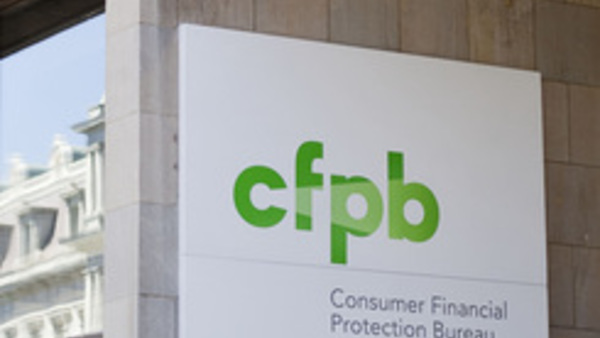
Back in October, Brett Kavanaugh, a judge on the U.S. Court of Appeals for the D.C. Circuit, wrote a 101-page majority ruling assailing the “massive, unchecked” power of the single director-led Consumer Financial Protection Bureau.
“Indeed, other than the president, the director of the CFPB is the single most powerful official in the entire United States government, at least when measured in terms of unilateral power,” Kavanaugh wrote in PHH v. CFPB, declaring the structure of the Obama-era agency unconstitutional.
The ruling was a blow to the agency, but the sting didn’t last long. The full D.C. Circuit, dashing the hopes of other financial-industry companies that wanted to use the ruling to benefit their lawsuits against the agency, agreed to rehear the case as a full court. Oral argument is set for May.
Kavanaugh on Friday got a second chance to weigh in, weeks before the full D.C. Circuit will take a fresh look at mortgage lender PHH Corp.’s claims. Writing in an unrelated case, Kavanaugh predicted the D.C. Circuit—or the U.S. Supreme Court—will find the structure of the agency unconstitutional.
Kavanaugh’s new criticism came in a dissent in a dispute over whether a financial company, suing as a “John Doe,” can halt an ongoing CFPB investigation. He was the lone judge on the D.C. Circuit panel Friday who said the CFPB, as its lawfulness is challenged, should be prevented from bringing any adverse action against the John Doe company.
Much of the John Doe case remains under seal. The company, which provides “pension advance” products that allow consumers to receive a lump-sum payment in exchange for a portion or all of their future pension, sued the CFPB in January in Washington. Fearing reputational damage, the company filed the complaint under “John Doe.” The law firms Womble Carlyle Sandridge & Rice and Dorsey & Whitney represent the company.
“The public interest is not served by letting an unconstitutionally structured agency continue to operate until the constitutional flaw is fixed,” Kavanaugh wrote on Friday. “And in this circumstance, the equities favor the people whose liberties are being infringed, not the unconstitutionally structured agency.”
D.C. Circuit Judges Patricia Millett and Robert Wilkins, sitting on the panel with Kavanaugh, said the John Doe company could not stop the CFPB from pursuing its investigation. The appeals court upheld a trial judge’s ruling that also refused to stop the CFPB investigation.
There’s no certainty that the CFPB will bring any case against the John Doe company. Earlier, the company lost its challenge to an administrative subpoena, called a “civil investigative demand.” The CFPB often posts those documents online, a move that would reveal the name of the company. As of Monday morning, the CFPB had not revealed the company’s identity.
Millett and Wilkins rejected the John Doe company’s “conclusory” claims that public disclosure would bring reputational and economic harm.
“The company itself has been the subject of regulatory proceedings by at least six states under their consumer protection laws,” Millett and Wilkins wrote. “As the district court found, ‘neither side seems to dispute that John Doe Co. has been the subject of considerable negative publicity throughout the past few years.’”
Kavanaugh reiterated his call for how to fix the CFPB: give the president greater power to remove the agency’s director. The director, Richard Cordray, can only be removed for cause under the current scheme. Cordray’s five-year term is set to expire in July 2018.
“What the company objects to is not merely regulation by the CFPB, but rather regulation by the CFPB in its current unconstitutional and unprecedented structure—namely, an independent agency headed by a single director who is unaccountable to the president or to any fellow commissioners,” Kavanaugh wrote. “A preliminary injunction would alleviate that ongoing harm.”
Originally published on National Law Journal. All rights reserved. This material may not be published, broadcast, rewritten, or redistributed.


